This edited volume focuses on the facts that unless socio-political mobilization of masses has created pressure on state, its apparatus and technological development have not been titled in favour of masses. Ideologically equipped and organised mobilisations have weakened and liquidated exploitative institutions and resulted into faster speed of progressive social transformation. Even autonomous mobilizations of social forces to protest against exploitation have also made their dent to promote distributive justice with regard to social and material conditions and often turned from mobilization for a particular conditions grievance of a particular group to a force of much wider perspectives; developed a sense of belongingness and solidarity among members off fellow group; provided basis of organised mobilizations of the masses to be quipped with group consciousness and ideological streams and resulted into promoting distributive justice. Movements ranging from ideologically organised to popular one from the days of freedom struggle to today have ample evidence of such mobilizations which have resulted into reducing inequality and exploitations. This volume tries to bring the facts home that social mobilization appears as the only factor left to initiate larger participation in the process of progress with distributive justice in a semi-feudal semi-colonial state. Popular mobilization of masses however weak in ideological current, has also witnessed effective implementation of land reform measures and welfare programmes for weaker and oppressed section of society. This volume covers micro as well macro dimensions of divergent issues and views ranging from land questions, wage and employment, weaker sections, gender issues, social repression, voluntary organisations, panchayatiraj, etc. in order to sharpen the focus on the issues.
Distributive Justice Through Social Mobilization
by D.M. Diwakar
$18.00
$20.00
In stock
Free & Quick Delivery Worldwide
All orders amounting to US$ 50 or more qualify for Free Delivery Worldwide. For orders less than US$ 50, we offer Standard Delivery at $14 per book.
ABOUT THE AUTHOR D.M. Diwakar
Dr. D.M. Diwakar is Professor of Economics at Giri Institute of Development Studies, Lucknow. Earlier he served as Reader at Gandhian Institute of Studies, Varanasi and Visiting Fellow at G.B. Pant Social Science Institute, Allahabad before joining this Institute. He has specialized in agriculture and rural transformation. He has published many books and research papers in reputed professional and academic journals of national and international importance. He has been associated with various national and international academic and professional bodies for policy research and development studies. He has authored, co-authored, edited and co-edited many books. A few important among them are: Agriculture and Industry: Dynamics of Imbalances 1991: India: A Semi-Feudal and Semi-Colonial State 1994: Distributive Justice Through social Mobilisation 1998; Emerging Agrarian Relations in India 2000; Land Reforms and Human Development 2005.
reviews
0 in total
Review by Anonymous
Be the first to review “Distributive Justice Through Social Mobilization” Cancel reply
You must be logged in to post a review.
Bibliographic information
Title
Distributive Justice Through Social Mobilization
Author
Edition
1st ed.
Publisher
ISBN
8186562397
Length
x+242p.
Subjects

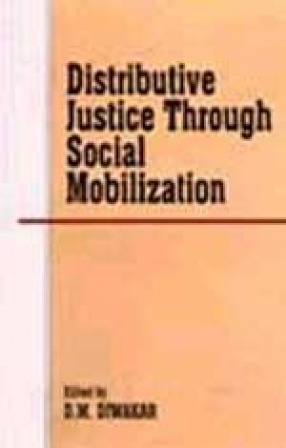
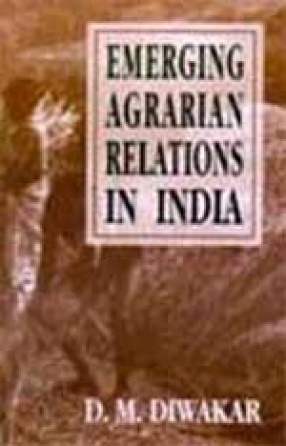
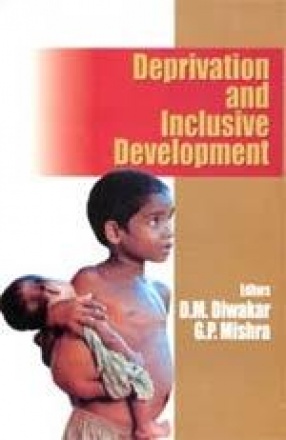

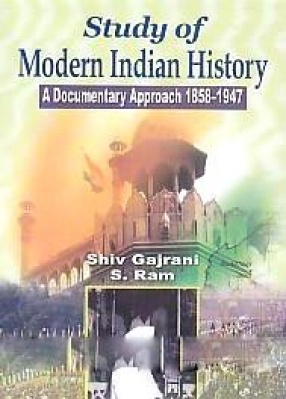

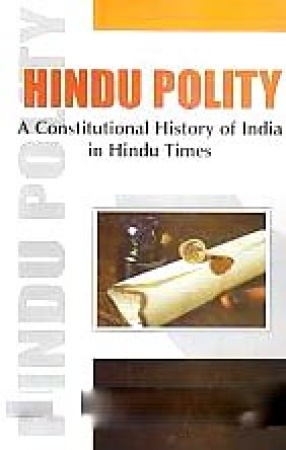
There are no reviews yet.